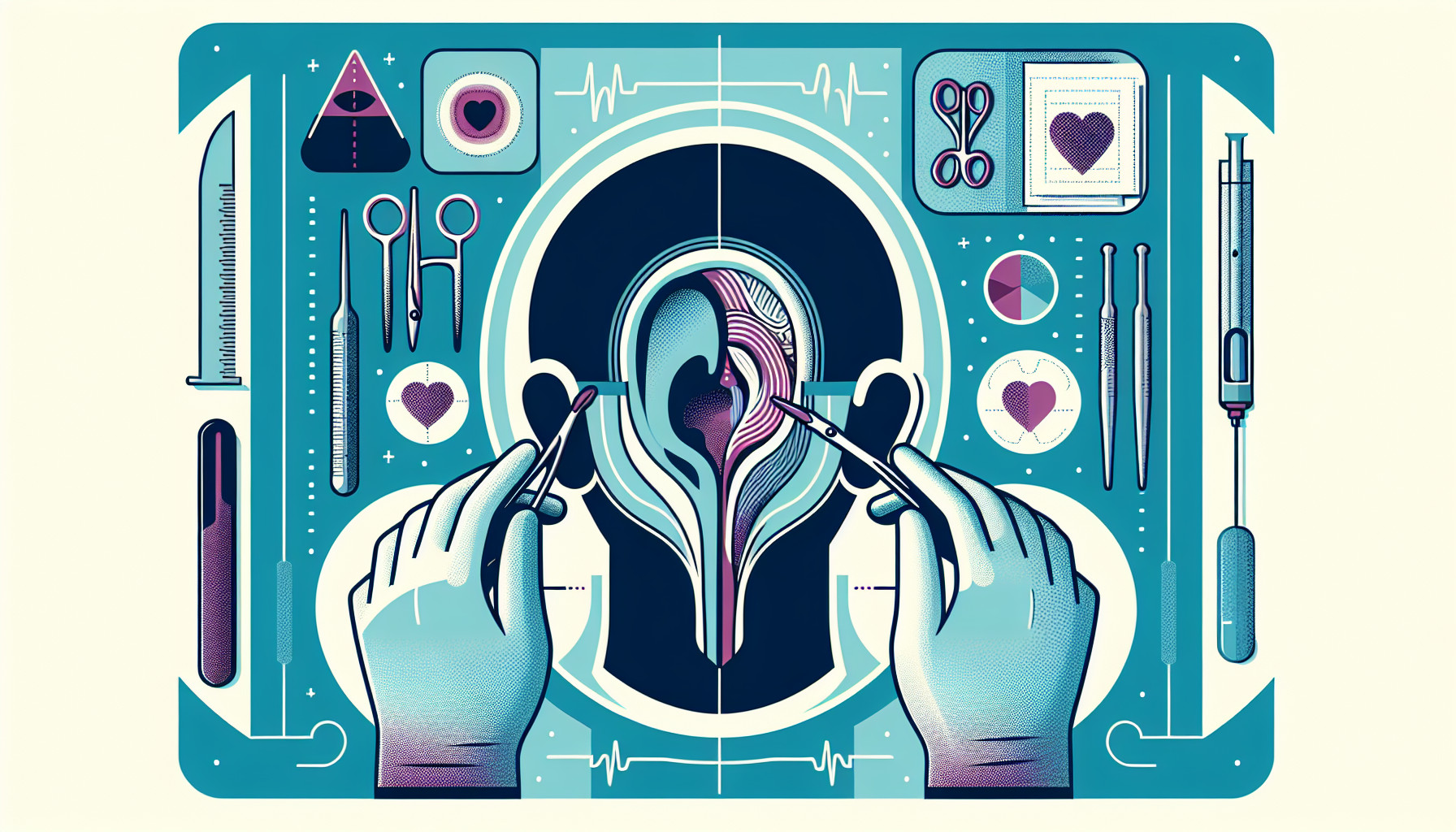Our Summary
This study was conducted to see if rapid weight loss after bariatric surgery (a weight-loss surgery) might affect the functioning of the Eustachian tube, which is a tube that links the back of your nose to your middle ear. In total, 54 people who had undergone bariatric surgery and 157 people who hadn’t were included in the study. To judge the function of the Eustachian tube, a questionnaire was used. The study found that overall, the surgery did not have a significant impact on the function of the Eustachian tube. It was also found that the surgery was more common in men than women. The majority of participants were in the age range of 18-25 and had not undergone surgery, while those who had were more likely to be older.
FAQs
- Does rapid weight loss after bariatric surgery affect the functioning of the Eustachian tube?
- Was there a significant impact on the Eustachian tube function in individuals who underwent bariatric surgery?
- Is bariatric surgery more common in men or women, and what age range is most common for this procedure?
Doctor’s Tip
A helpful tip a doctor might tell a patient about ear tube surgery is to follow post-operative care instructions carefully to ensure proper healing and avoid complications. This may include keeping the ears dry, avoiding activities that could increase pressure in the ears (such as diving or flying), and attending follow-up appointments as scheduled. It is also important to communicate any concerns or symptoms to your doctor promptly.
Suitable For
Patients who are typically recommended ear tube surgery are those who have chronic ear infections, fluid buildup behind the eardrum that does not resolve on its own, frequent ear infections, or hearing loss due to fluid buildup. In children, ear tube surgery may be recommended for those who have had multiple ear infections or fluid buildup in the middle ear that is impacting their hearing and speech development.
Timeline
- Before ear tube surgery:
- Patient experiences frequent ear infections or fluid buildup in the middle ear.
- Patient consults with an ENT specialist who recommends ear tube surgery as a solution.
- Patient goes through pre-operative evaluations and tests to ensure they are a suitable candidate for the surgery.
- Patient schedules the surgery and receives instructions on pre-operative care and preparation.
- Day of ear tube surgery:
- Patient arrives at the surgical facility and meets with the surgical team.
- Patient undergoes the ear tube surgery, which is usually a quick and minimally invasive procedure.
- Patient is monitored post-surgery for any immediate complications or side effects.
- After ear tube surgery:
- Patient may experience some discomfort or mild pain in the ear for a few days post-surgery.
- Patient is advised to avoid getting water in the ears and to follow post-operative care instructions provided by the surgeon.
- Patient typically experiences improved hearing and reduced ear infections or fluid buildup in the middle ear.
- Follow-up appointments are scheduled to monitor the healing process and to remove the ear tubes when they are no longer needed.
What to Ask Your Doctor
Some questions a patient should ask their doctor about ear tube surgery include:
- What are the potential risks and complications associated with ear tube surgery?
- How long will the ear tubes stay in place and what is the process for removing them?
- Will my hearing improve after the surgery?
- How soon after the surgery can I resume normal activities, such as swimming or flying?
- Will I need follow-up appointments after the surgery?
- What type of anesthesia will be used during the surgery?
- How successful is ear tube surgery in relieving symptoms such as ear infections or fluid buildup in the ears?
- Are there any restrictions or precautions I should take before or after the surgery?
- What is the likelihood of needing additional ear tube surgeries in the future?
- Are there any alternative treatments or therapies that may be effective for my condition?
Reference
Authors: Alyahya K, Alarfaj A, AlBahr A, AlBahar S, Alsaleh M, Almuhaytib F, Alyahya A. Journal: J Med Life. 2023 Sep;16(9):1375-1380. doi: 10.25122/jml-2023-0254. PMID: 38107702
